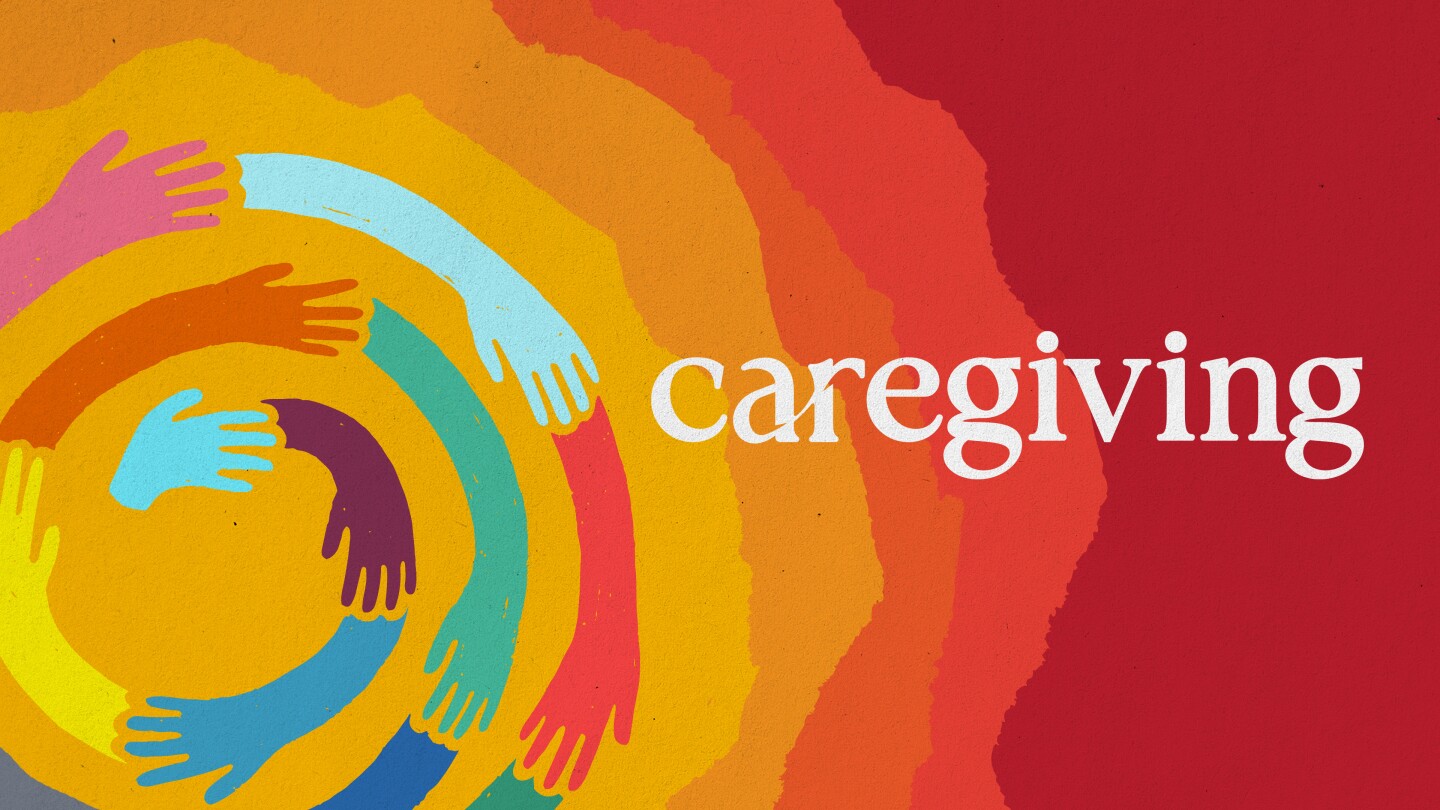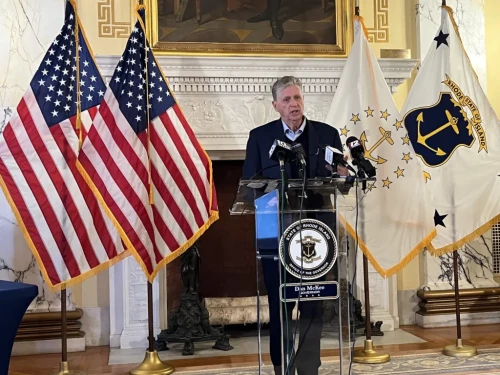More than 100 million people across the United States are caregivers to a family member, and the value of their unpaid labor is estimated at over $600 billion a year, according to the documentary “Caregiving,” premiering on PBS June 24.
The documentary is “really intended to shine a light on the issues and situation of caregivers by sharing personal stories and talking about some of the unknown history of caregiving,” says Debra Barrett, vice president of corporate affairs at Otsuka America Pharmaceutical, a health care company that studies caregiving.
Otsuka is the lead sponsor of the documentary, in collaboration with actor and executive producer Bradley Cooper.
“Like most people, I didn’t even think about caregiving until my father was diagnosed with cancer,” Cooper says in the documentary.
“My dad was somebody who I idolized. I used to dress up like him when I was a kid in kindergarten and get made fun of because I wanted to wear like a suit and a tie,” he says, “and then to go from that to giving him a bath is quite a traumatic thing.”
“It really is up to us, all of us can help raise the banner for caregivers … together, with your help, we can make a difference,” Cooper says.
“Caregiving,” premieres July 7 at 9 p.m. on WSBE.
This story was originally published and shared as part of the New England News Collaborative.







